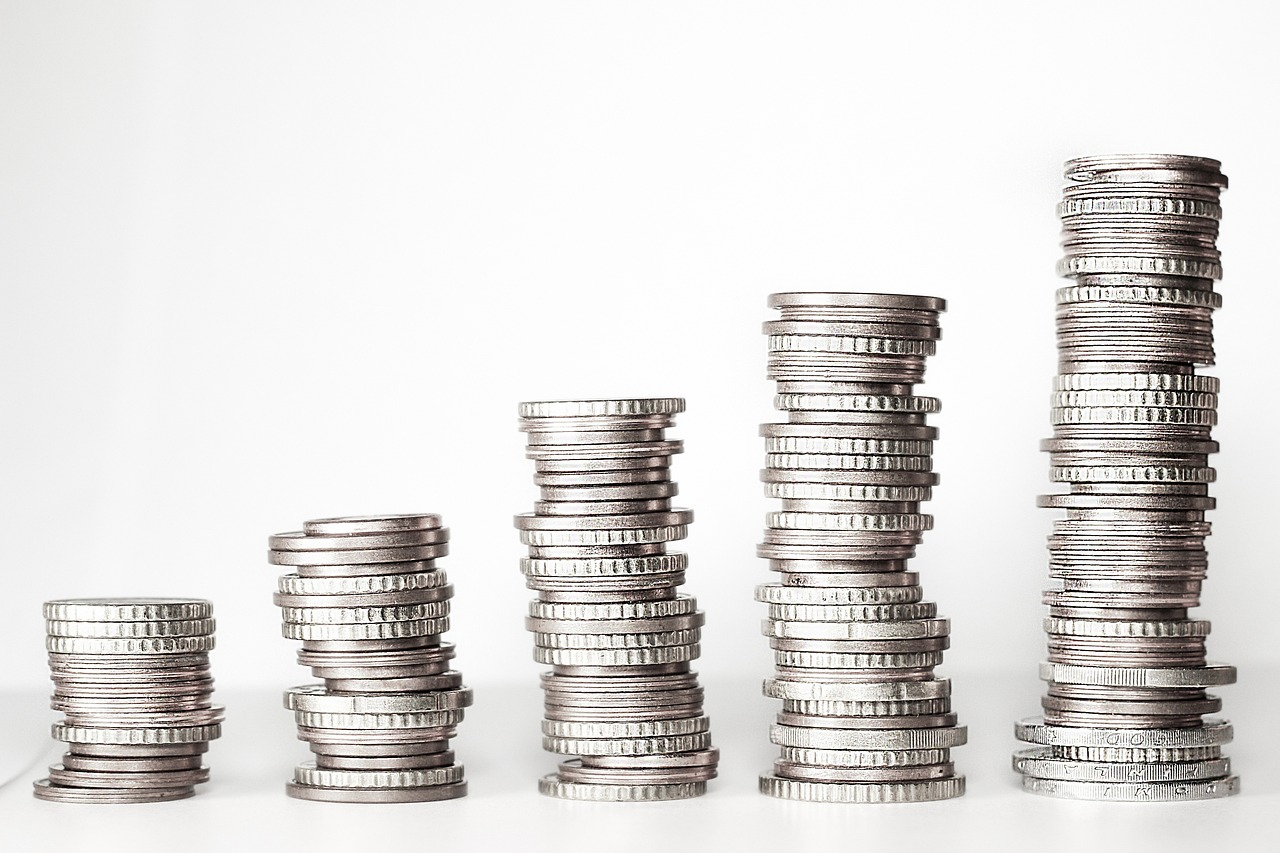Revisiting the $75,000 threshold: findings by Kahneman, Killingsworth, and Mellers
In 2010, Nobel laureates Daniel Kahneman and Angus Deaton concluded that the happiness effect of income plateaus around $75,000. This threshold implied that increased income offers diminishing returns on emotional well-being. However, recent research co-authored by Kahneman with Matthew Killingsworth and Barbara Mellers questions this limit. Utilizing advanced, continuous measures of happiness, the study collected real-time data by prompting participants throughout the day, asking them to rate their emotions on a scale from "very bad" to "very good." The findings show that happiness increases with income even up to $500,000 annually, challenging the previous limit.
According to Killingsworth, higher income enhances people’s autonomy to make choices, contributing to greater life satisfaction. This financial flexibility allows people to make purchases they desire or leave jobs they find unfulfilling, underscoring the impact of money on the freedom to make satisfying decisions.
The role of subjective well-being in the income-happiness link
Happiness researcher Kostadin Kushlev explains that subjective well-being includes three key components: life satisfaction, frequent positive emotions, and few negative emotions. While income is closely linked to life satisfaction, its effect on positive emotions and reduction of negative feelings remains less certain. Findings suggest that higher income may protect against negative experiences but does not necessarily result in day-to-day joy.
In the lowest 15% of happiness levels, the study revealed that income above $100,000 does not significantly boost emotional well-being. This threshold may signify that certain hardships, like heartbreak or severe depression, are less impacted by financial improvements and require alternative interventions.
Personal stories - the power of financial freedom
Peter Drummond, a former entrepreneur, shares his perspective on wealth. Drummond, who grew up experiencing both poverty and prosperity in the U.S., remembers the strain limited resources had on his happiness. In young adulthood, he enjoyed substantial earnings, which he initially spent on material indulgences. Yet he discovered that focusing on relationships brought greater satisfaction than material possessions. Today, Drummond channels his wealth into helping family members, mentoring young people, and supporting meaningful causes. This shift from material spending to building connections significantly improved his happiness.
On the other hand, Jessie Golem, a freelancer from Hamilton, found relief in Ontario’s basic income pilot program, which allowed her to concentrate on her better-paying freelance work without constant financial strain. She describes the freedom to focus on her business while knowing her rent was covered, affirming that even modest financial stability brings substantial relief and satisfaction.
Wealth’s influence on life choices
Evan Hu’s journey from limited means to financial security showcases another facet of wealth’s role in happiness. As a first-generation Canadian, Hu grew up in a household focused on essentials. Early in his career, he achieved substantial income, allowing him new freedoms, such as dining out and taking vacations. Now, Hu values the autonomy his financial stability provides, allowing him to pursue interests and volunteer in causes he cares about. For Hu, long-term happiness stems more from fulfilling personal pursuits than constant financial gains.
As happiness researcher Kostadin Kushlev notes, while financial security undoubtedly contributes to happiness, relationships and meaningful connections have a stronger, more lasting impact on well-being. Thus, although money can buy comfort, the most enduring sources of happiness may lie elsewhere.
source: CBC


 Cats are the most popular pet in Canada. Despite their affectionate nature, they pose a significant threat to wild birds.
Cats are the most popular pet in Canada. Despite their affectionate nature, they pose a significant threat to wild birds. A powerful cold snap has engulfed central and eastern Canada this week, plunging temperatures far below seasonal averages. The extreme
A powerful cold snap has engulfed central and eastern Canada this week, plunging temperatures far below seasonal averages. The extreme Stress is a constant in modern life. From daily challenges to global issues, people are searching for ways to cope
Stress is a constant in modern life. From daily challenges to global issues, people are searching for ways to cope

